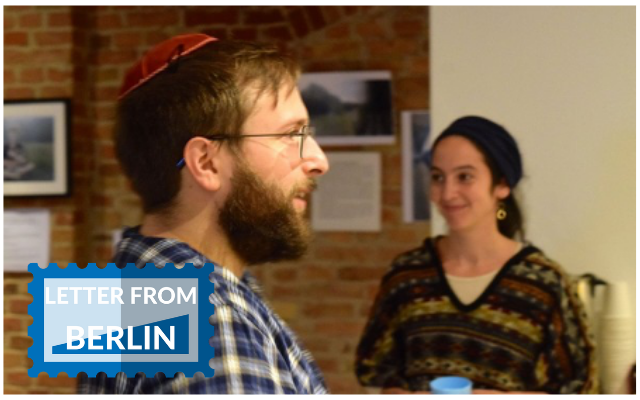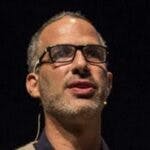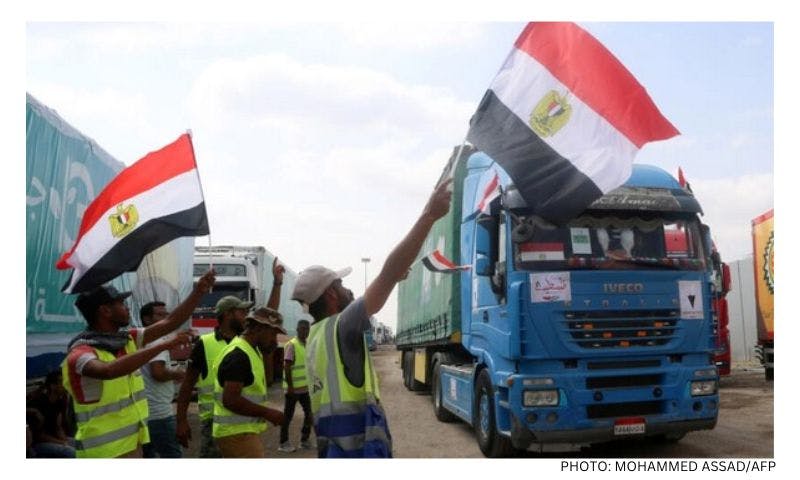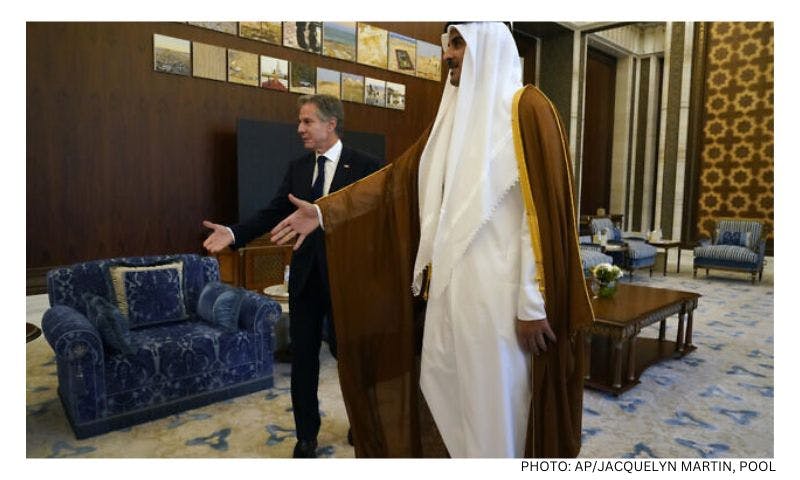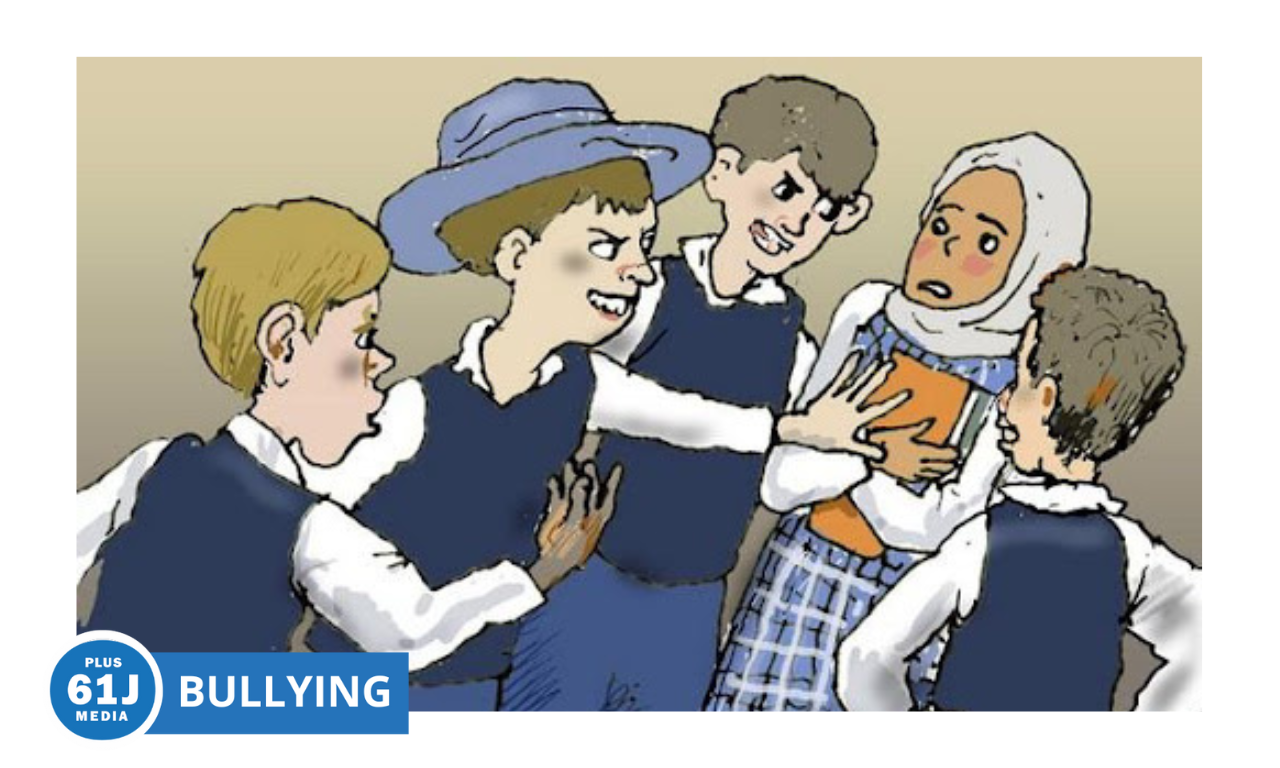Published: 19 October 2020
Last updated: 4 March 2024
JUST OVER A YEAR AGO, an international group of Jewish young adults living in Berlin travelled to the small German city of Halle to visit its Jewish community for Yom Kippur. Their aim, organised by Hillel International’s Base Berlin project for Jewish young adults, was to bring the spirit of young Berlin to a synagogue with an older, mostly Russian-speaking community, and to build bridges in the German Jewish community.
I was attending the Yom Kippur service at Berlin’s Fraenkelufer synagogue when I was told of the terror attack on the Halle synagogue. A synagogue shooting in Germany after the Holocaust?! I knew people in the group that had travelled to Halle.
Fortunately, no one was hurt in the synagogue attack but the shooter later killed two people.
During his trial last month, we learned he had anti-Semitic, racist, and xenophobic motivations; he went to Halle with homemade guns and grenades with the intention of murdering everyone inside the synagogue.
One year later, Rabbi Jeremy Borovitz (one of the founders of Base Hillel Centre in Berlin), organised a Sukkot Resilience festival, in the centre of Berlin, as part as an effort to heal both those who live in Halle and those who came from Berlin. Rabbi Borovitz had been in Halle with his wife and their daughter, standing with 40 other people inside the synagogue, praying the door would not give in to the attacker. That awful event changed his life.
The festival is also Rabbi Borovitz’s way of healing from the trauma of the attack and processing the enduring presence of right-wing prejudice in Germany. It’s important to mark anniversaries and milestones along the way, he tells me.
The festival is also Rabbi Borovitz’s way of healing from the trauma of the attack and processing the enduring presence of right-wing prejudice in Germany. It’s important to mark anniversaries and milestones along the way, he tells me.
Therefore, the festival has to take place with the Jewish holiday of Sukkot, to mark one year’s passing of time. The festival lasts three days in the Hebrew calendar month of Tishrei with an opening ceremony, a party, and a story-telling event which has two people who were there, and two people who weren’t.
When I arrived at the festival in Gleisdreieck Park, I saw the beautifully decorated sukkah they had built. A DJ was playing Jewish music from East and West; they served vegan and non-vegan food of hotdogs and cabbage salad with chips. A police car was parked nearby, a reminder that a Jewish man on his way to celebrate Sukkot at a synagogue in Hamburg had suffered serious head injuries when attacked with a spade by a man dressed in camouflage gear. The attacker had a hand-drawn swastika in his pocket.
Still, the show must go on. We can’t stop because of crazy, extreme right-wingers. Rabbi Borovitz said his life and German Jewish life would never be the same. So, resilience doesn’t mean going back to normal. It means going through the difficult moments. And what he wants more than anything is that Jews in Germany will not be defined by the terror attack in Halle and the anti-Semitism that fuelled it.
[gallery columns="1" size="large" ids="38918"]
“We are defined by the fact that we build a sukkah on the middle of the city of Berlin. Where east and west used to meet and where there was a wall between them. For me that is the story.”
Rabbi Borovitz is one of 43 co-plaintiffs in the trial against the Halle shooter. In an earlier interview, he gave a detailed account of how it felt to be inside the synagogue while the terrorist was outside shooting at the synagogue doors.
He had a breakdown after the attack and sought therapy. “I have been working through a lot of stuff. I am seeing a psychologist. It was a difficult thing for me personally and professionally; you can see the police outside our Resilience festival. And every time we have a public event now, we’ve got security because we have to.”
Jewish resilience, from the Borovitz point of view, is about building. He tells the story from the Talmud about Rabbi Yohanan ben Zakkai, who escaped from Jerusalem as it was being destroyed. The rabbi did not say, “Oh no, it is terrible,” but instead, said to Vespasian, the Roman military commander, “Give me Yavneh and its Sages and don’t destroy her”.
His face is filled with light as he explains that in the face of tragedy we build, we create. We mourn, but while we mourn, we need to create.
Rabbi Borovitz immigrated from the US a year and half ago with his wife, Rabbi Rebecca Blady, a co-founder, and Executive Director of Base Hillel Berlin. He was raised in New York in a family originally from Ukraine and Poland; his wife’s relatives are all Holocaust survivors.
Part of the healing process was to hold the Yom Kippur service this year inside a refuge centre in downtown Neukölln, with Syrian and Muslim refugees, other potential targets of the terrorist. “Yom Kippur last year was difficult and horrible. And this year Yom Kippur was the most beautiful I had in my life,” he says. “They were so hospitable to us.”
Photo: Rabbi Jeremy Borovitz, who was an eyewitness to the Halle attack, with his wife in the background (Forward)
